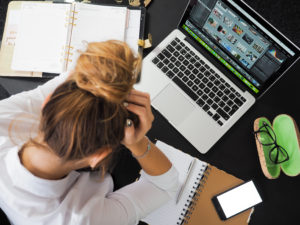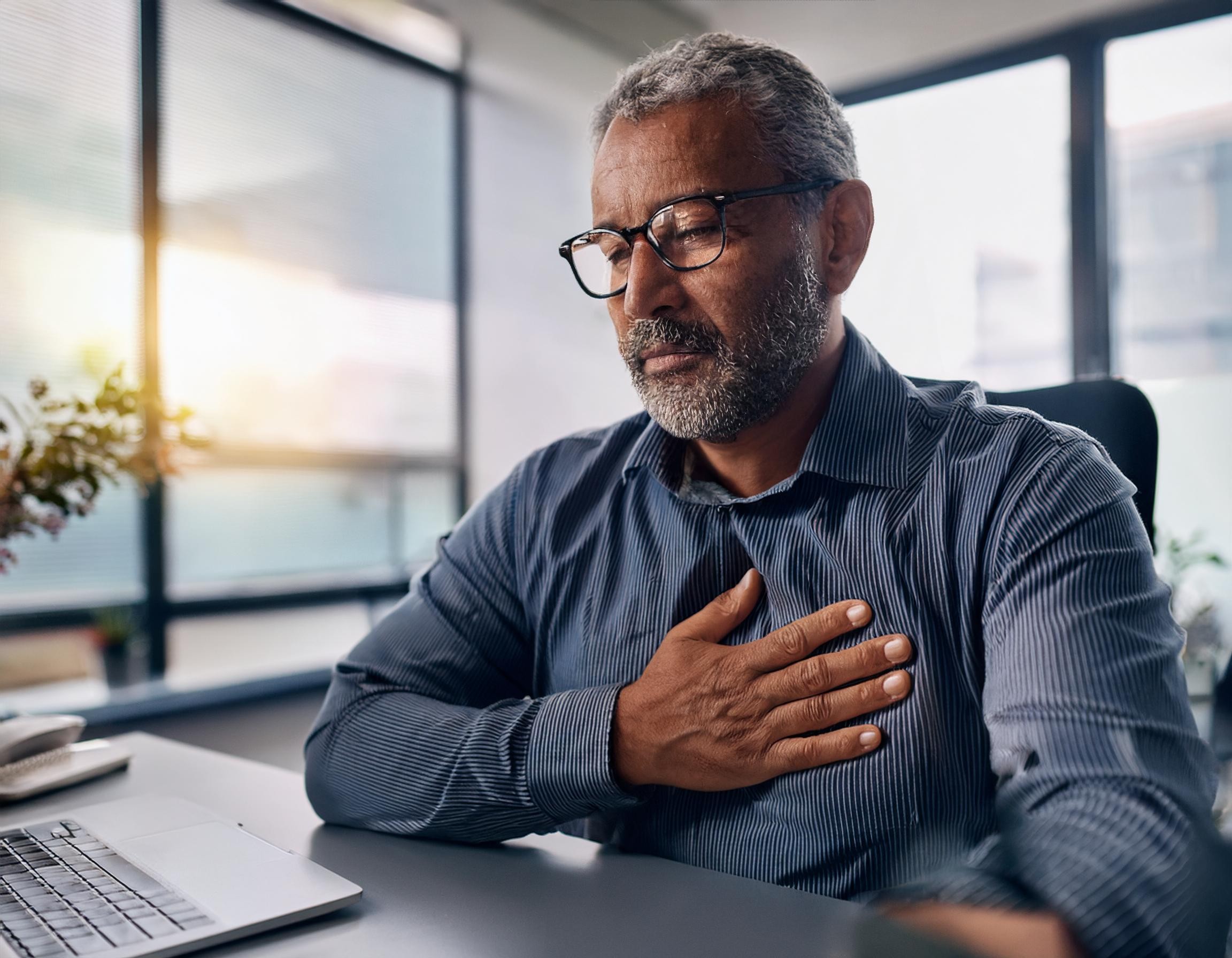
We’ve all felt a bit anxious or stressed at some point in our lives. Perhaps to the point where it’s above average levels and persisting for an extended period of time.
Overcoming this anxiety or stress isn’t always easy, so we’ve compiled some scientifically-backed methods of self-treatment to help you boost your mood and focus on the finer things in life.
Physical practices
Physically, you can reduce stress and anxiety by following a trifecta of healthy habits. Sleep well, rise early, and eat healthy. Sleep is how we recharge and repair from the day, and if you’re sleep is poor you’ll always be walking around on 50% battery. Avoid alcohol and caffeine before bed, as well as your screens. Blue light affects how we sleep and if you hide your phone from sight half an hour before bed, it’ll still be there in the morning!
If you’re a morning person, rejoice! Christoph Randler, a biology professor from the University of Education in Heidelberg, Germany, surveyed 367 college students and discovered that those who started their day earlier were more proactive.
Eating well, and consistently, can also battle the niggling anxious voice in your head. In fact, the Mediterranean diet has been proven to combat symptoms of anxiety and depression.
Mental methods
Although the physical components of fighting anxiety and stress are necessary to benefit your mental health, there are some tips and tricks that are all in the mind.
Mindfulness, for one, cannot be advocated enough when it comes to calming your thoughts and pulling you into the present. Using various techniques, including breath observation and body scanning, mindfulness can help filter the manic nature of anxious thoughts. Deep ‘diaphragmatic’ breathing can also activate your body’s relaxation response.
At the end of your day, follow an exercise developed by Swiss psychiatrist Paul Dubois. Using just a pen and paper, you’ll draw two columns and list items that caused you stress in one, and good things that happened in the other. The idea is to have at least one good entry for each stressful one, showing the positives you encounter day-to-day.
If you’re anxiety or stress is severe and cannot be managed by self-treatment, it’s important to visit a healthcare professional.



